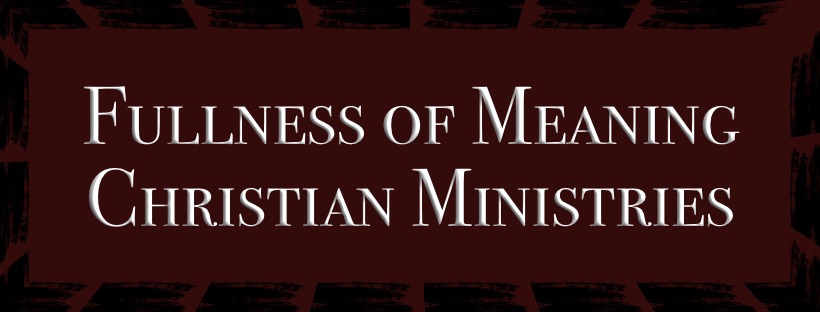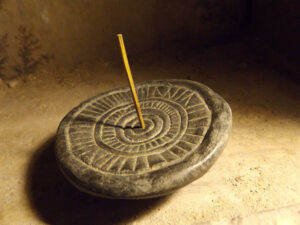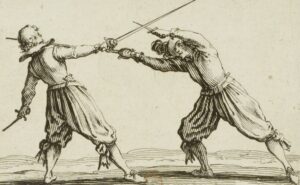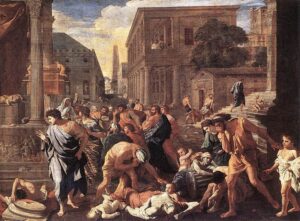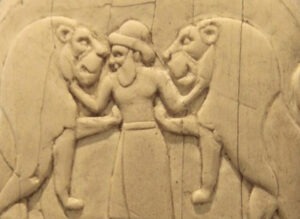Continued work on the classic, “Cratylus” and the New Testament Greek’s *indication of motion* of the NAME of God
Loeb Classics; Plato; Cratylus; pg 125; 420, B, .5
Doxa (“opinion” – i.e., ‘shooting for the goal or intention to meaning without knowledge or certainty as of yet’).
In Plato’s dialogue, Doxa comes from the pursuit {‘dioxis’} which the soul carries on as it pursues the knowledge of the nature of things, or, most likely, from the *SHOOTING OF THE BOW (toxon)*; i.e., though we can’t say for sure that we have hit the mark, we are aiming with good intention.
Oi’.ay.sis – “belief” —- “the sense of the MOTION of the soul towards the essential nature of every individual thing (i.e., *trajectory*; *intention*; *goal towards someTHING; from the universal to the particulars {from the Heavenly to the Earthly—Kyle})
Just as “oi.ay.sis” acts in its motion, so does “Boulay”.
Boulay – “intention” – denotes “shooting (Bolay)”
Boulesthai – “wish”
Bouleu’esthai – “plan” = denoting “aiming at something”
(CONVERSUS)
Aboulia – “evil”; “without intention”, “ill-advised” (cf. to notes below)
(“A” = alpha privative = Greek prefix for making negative, negating the meaning)
So, Boulay + alpha privative = “Aboulay” – “evil”; “ill advised; without intention, plan, goal, desire, wish, trajectory; *therefore, a *failure to hit* = cf. “sin” = Greek: “harmateia” = sin, senex, sine, missing the mark (even if planned to hit the mark)
Anankay – (‘anagkay’ = ana’g {“g” takes the nasal/liquid-“n”}kay) – “compulsion”
Hekou’sion – “voluntary” —( Hekou’sion means ‘voluntary’ because ‘hekou’sion’ comes *in line* with the ‘events’ of motion to the *YIELDING* (Greek:eikon = English: ‘icon’) and not in opposition.
Anankay is the conversus of of “hekou’sion” and is ‘compulsory’ and ‘resistant’, which is contrary to the will and is associated with error and ignorance. Anankay is likened to *walking through ravines (‘ankay’ {cf. “angst”}), because they are hard to traverse, rough, and rugged, and *RITARD MOTION*.
CONVERSUS OF NOBLEST AND THEIR HINDRANCE TERMS OF MOTION
Aletheia (‘to wander with’ + ‘god (goddess)’ = “To wander with the God”); “Divine Motion”; Divine Motion of the Universe
Pseudos – “the opposite of Motion”; ‘held back and kept silent – hence, associated with ‘slumberers’ – heu’dousi {the addition of “ps” {or “psi”}, says Plato through Socrates’ daemon {deity mind}, simply conceals the ‘slumber’ word, “heu’dousi”.
Onoma – signifying “this is *a being about* which our search is”.
Summation
So, Aletheia means ‘motion forward’, Pseudos is known by being the opposite of “truth” or “aletheia” —-the slumber from Divine motion, and onoma
*signifies* what the divine wandering is about.
This summation gives us hints to a our New Testament Theology within the Greek. “Nomos” is the Name is “onoma” is “authority”. Jesus is the “Name” of God represented on earth. His “motion” was THE *Sign* or “Onoma” of God the Father’s Will or “boulay”. The Disciples *followed* or *wandered* with the Name of God, the Onoma of God-Father, aka, Jesus. Their ‘motion’ driven by the God on earth followed in line with the Narration of the Universal Divine Motion of doing and fulfillment. Pseudos, to my view, indicates the ‘hated’ mentioned in Romans 9. “Before they were born, God loved Jacob and hated Esau. The “slumber” is the meaning of Esau. As the Greek gives us “miseo” for “hate” in this passage of Romans 9, it does NOT say, “I, the Lord, despise you”, rather, it means “dismiss”, “not include for the narration of motion of Divine Wandering, hence, the Jews to Jesus to the Disciples to us. The “Sign (onoma)” of God is in US now. This does NOT mean that Esau, as the Middle Eastern race, shall be damned. Rather, for now, Islam is not the indicative “Onoma” of Grace, forgiveness, salvation through Jesus’ atoning blood. This is simply factual and not condescending.
